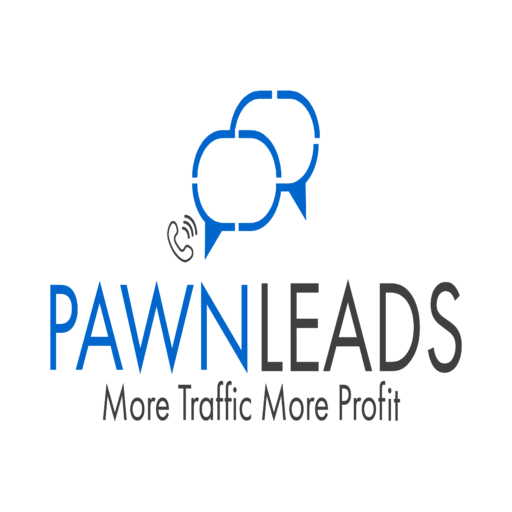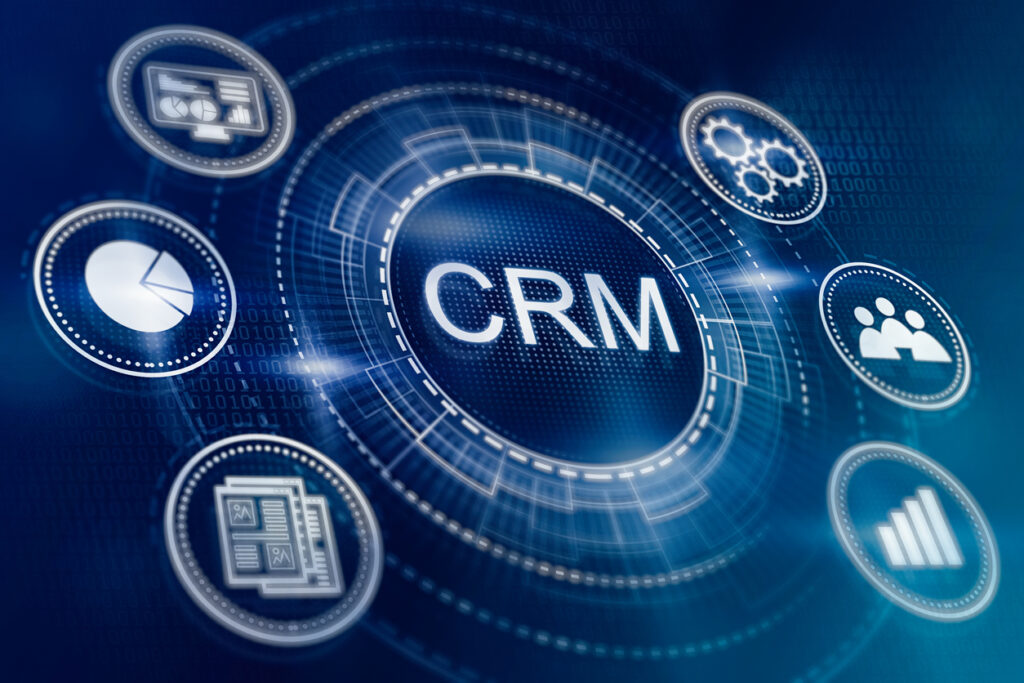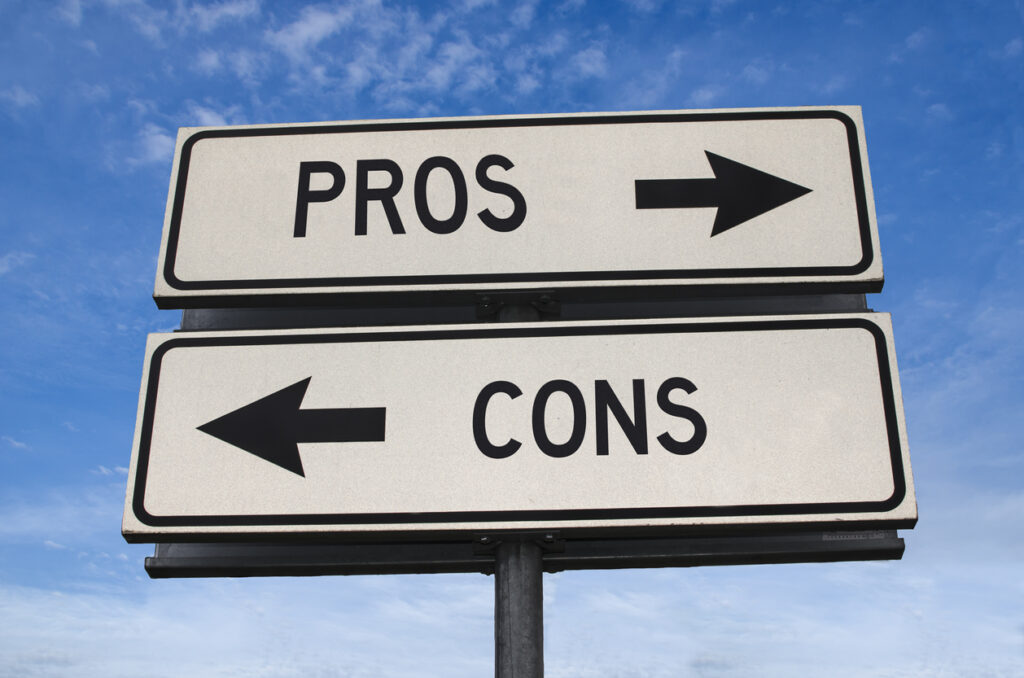Pawn shops may not be the first type of business to come to mind when thinking about customer relationship management (CRM) systems. However, in today’s competitive marketplace, even pawn shops can benefit greatly from utilizing a CRM to manage their leads effectively. In this article, we will explore why CRM is essential for pawn shops, the unique needs of this industry, the benefits of using CRM, and how to choose and implement the right CRM for your pawn shop.

Understanding the Role of CRM in Business
To grasp the significance of CRM for pawn shops, it is crucial to understand the role of CRM in business operations. CRM, or customer relationship management, refers to the strategies, processes, and technologies used by companies to manage and analyze customer interactions and data throughout the customer life cycle.
CRM plays a pivotal role in helping businesses build long-lasting relationships with their customers. By leveraging CRM tools and techniques, companies can personalize their interactions with customers, anticipate their needs, and ultimately enhance customer satisfaction and loyalty. This personalized approach not only fosters repeat business, but also drives customer advocacy and positive word-of-mouth referrals.
Defining CRM and Its Core Functions
At its core, CRM is about building and maintaining strong relationships with customers. It involves collecting and organizing customer information, managing customer interactions, and enhancing customer engagement. CRM systems provide a centralized platform to store customer data, track communication, and manage leads and opportunities.
Moreover, CRM goes beyond just managing customer data; it also analyzes customer behavior and preferences to tailor products and services accordingly. By utilizing CRM analytics, businesses can gain valuable insights into customer trends, buying patterns, and feedback, allowing them to make data-driven decisions that drive business growth and profitability.

The Importance of CRM in Lead Management
Lead management is a critical aspect of any business, including pawn shops. Every lead represents a potential customer or a potential transaction. With a CRM in place, pawn shops can efficiently handle lead tracking, follow-ups, and conversions. By utilizing CRM features like lead scoring and automated workflows, pawn shops can streamline their lead management process and ensure no promising lead slips through the cracks.
Furthermore, CRM empowers pawn shops to segment leads based on various criteria such as buying intent, demographics, or past interactions. This segmentation allows for targeted marketing campaigns and personalized communication, increasing the likelihood of converting leads into loyal customers. By nurturing leads effectively through CRM-driven strategies, pawn shops can maximize their sales opportunities and drive sustainable business growth.

The Unique Needs of Pawn Shops
Pawn shops operate in a distinct industry, characterized by the buying, selling, and lending of valuable items. Understanding the unique needs of pawn shops is crucial for implementing an effective CRM strategy tailored to this industry.
When delving into the world of pawn shops, it becomes evident that these establishments play a multifaceted role in their communities. Not only do they serve as financial institutions for individuals in need of quick cash, but they also act as treasure troves for collectors and bargain hunters. The dynamic nature of pawn shops requires a nuanced approach to customer relationship management, one that takes into account the diverse needs and motivations of their clientele.
The Business Model of Pawn Shops
Pawn shops rely on their ability to assess the value of items brought in by customers and provide loans based on collateral. Additionally, they engage in direct sales of items that are not redeemed by customers. This dual nature of their business model requires pawn shops to effectively manage both loans and inventory. A CRM can help track customer information, transaction history, and item details, providing a holistic view of the customer relationship and facilitating accurate valuations.
Moreover, the inventory management aspect of pawn shops is a crucial component of their operations. With a constantly changing array of items coming in and out of their stores, pawnbrokers must stay organized and up-to-date with the status of each item. A robust CRM system can streamline this process by categorizing items, tracking their movement within the store, and providing insights into popular items or trends in customer preferences.
Customer Relationship Challenges in Pawn Shops
Strong customer relationships can be challenging for pawn shops due to the nature of their business. Customers may have varying degrees of engagement, from repeat borrowers to one-time sellers or buyers. Furthermore, pawn shops deal with customers facing financial difficulties, making sensitivity and trust essential. A CRM system can help pawn shops maintain consistent communication, track customer interactions, and personalize interactions to enhance relationships and build trust.
Building trust is crucial in the pawn industry, where customers often entrust valuable possessions as collateral for loans. By leveraging a CRM system to keep detailed records of each transaction and interaction, pawn shops can demonstrate transparency and reliability, ultimately fostering long-term customer loyalty and satisfaction.

Benefits of CRM for Pawn Shops
Implementing a CRM system can provide numerous advantages to pawn shops, positively impacting their operations, customer relationships, and efficiency.
One significant benefit of utilizing a CRM system in pawn shops is the ability to gain valuable insights into customer behavior and preferences. By analyzing the data collected within the CRM, pawn shop owners can identify trends, anticipate customer needs, and tailor their services to meet specific demands. This data-driven approach not only enhances customer satisfaction, but also allows pawn shops to stay ahead of competitors by offering personalized solutions.
Streamlining Lead Management
A CRM enables pawn shops to centralize lead information, track leads throughout the sales process, and automate tasks such as follow-ups and reminders. This streamlines lead management, boosting productivity and increasing the likelihood of converting leads into business.
Moreover, the automation capabilities of a CRM system can significantly reduce manual errors and ensure that no lead or customer interaction falls through the cracks. By setting up automated workflows and notifications, pawn shops can maintain consistent communication with leads and customers, fostering trust and reliability in their services.
Enhancing Customer Engagement
A CRM allows pawn shops to personalize communication and tailor their interactions based on customer preferences and past transactions. By storing customer data, including item preferences and loan history, pawn shops can provide a more personalized experience, strengthen customer loyalty, and encourage repeat business.
Furthermore, the integration of social media and email marketing tools within a CRM system can amplify customer engagement efforts. Pawn shops can create targeted campaigns, send personalized offers, and engage with customers on multiple platforms, creating a cohesive and engaging brand experience.
Improving Business Efficiency
By automating repetitive tasks and providing easy access to customer information, a CRM system enhances business efficiency. Pawn shop employees can quickly retrieve customer details, assess item values, and carry out loan or purchase transactions in a streamlined manner. This results in increased productivity and improved customer service.
Additionally, the data analytics features of a CRM system empower pawn shop owners to make informed business decisions based on real-time insights. By tracking key performance indicators and sales metrics, pawn shops can identify areas for improvement, optimize their processes, and drive sustainable growth in the competitive pawn industry.

Choosing the Right CRM for Your Pawn Shop
Selecting the appropriate CRM for a pawn shop is a crucial decision that can significantly impact its effectiveness and adoption. Consider the following factors when choosing a CRM system:
Key Features to Look for in a CRM
When evaluating CRM options, prioritize features that cater to the specific needs of pawn shops. These may include robust lead management capabilities, item tracking, loan management, integrated communication channels, and customization options to align with your specific processes.
Evaluating CRM Vendors
Thoroughly research and evaluate different CRM vendors to ensure they have experience working with businesses in the pawn industry. Check for positive customer reviews, case studies, and testimonials to gauge the software’s success in similar environments. Consider factors such as cost, ease of use, support, and scalability when making your decision.
Implementing CRM in Your Pawn Shop
Once you have chosen the right CRM for your pawn shop, successful implementation is crucial for maximizing its benefits.
Steps for Successful CRM Implementation
Start by defining your goals and objectives, ensuring alignment with your business strategy. Customize the CRM to your specific needs, configuring fields, workflows, and reports accordingly. Train your staff thoroughly on using the CRM, emphasizing the benefits and how it streamlines their workflows. Monitor adoption and provide ongoing support to ensure successful implementation and utilization of the CRM system.
Training Staff for CRM Use
No matter how robust the CRM system is, its effectiveness ultimately depends on the knowledge and utilization of your pawn shop staff. Provide comprehensive training and resources to help employees understand the functionalities, best practices, and how it fits into their daily tasks. Encourage feedback and address any concerns promptly to promote adoption and optimize the impact of the CRM.
In conclusion, pawn shops can greatly benefit from adopting a CRM system to manage their leads effectively. By understanding the role of CRM in business, addressing the unique needs of pawn shops, and leveraging the benefits of CRM, pawn shops can streamline operations, enhance customer engagement, and improve efficiency. Through careful evaluation and successful implementation, pawn shops can choose and utilize the right CRM to cultivate strong customer relationships and drive business growth.




